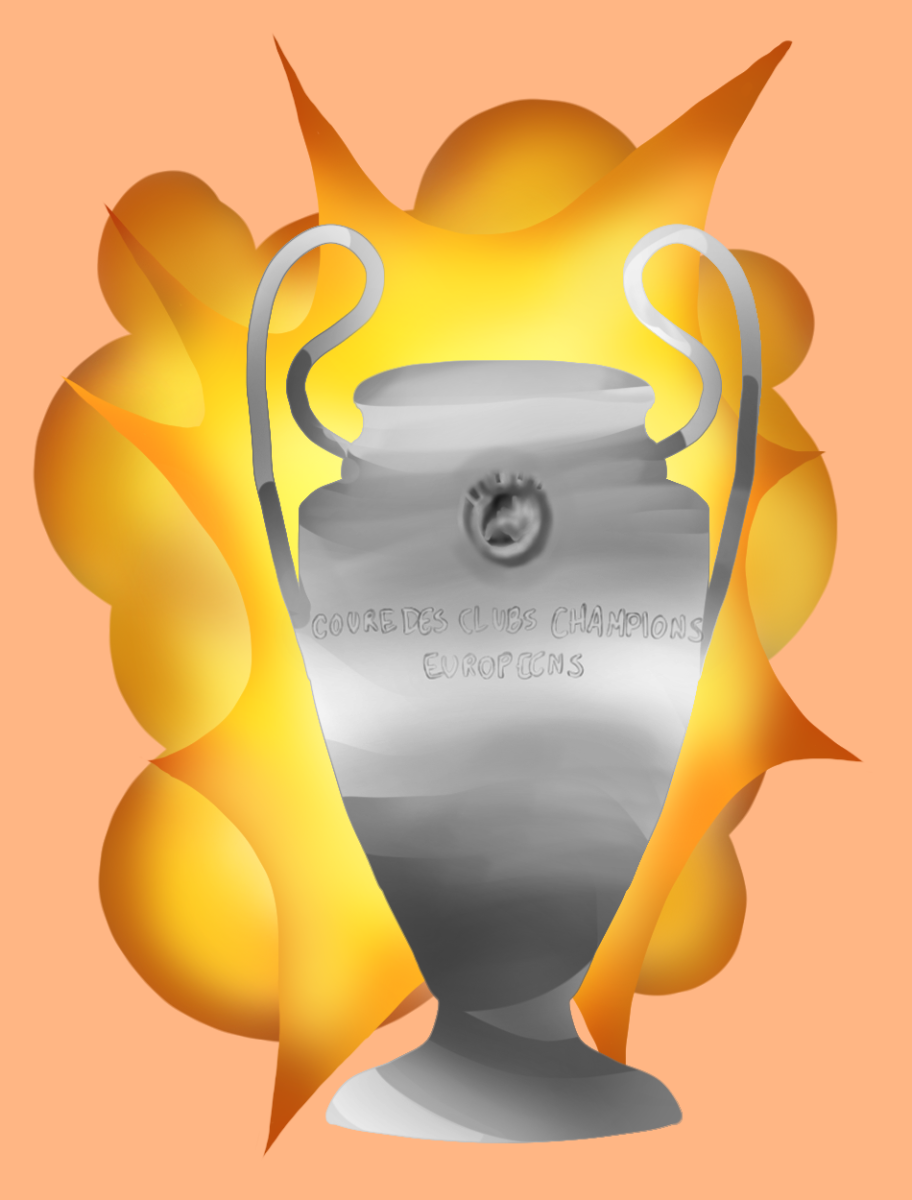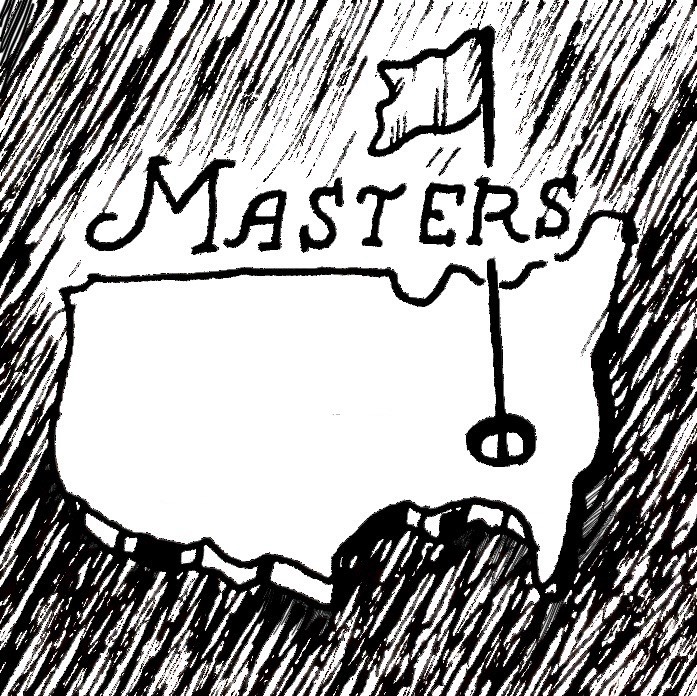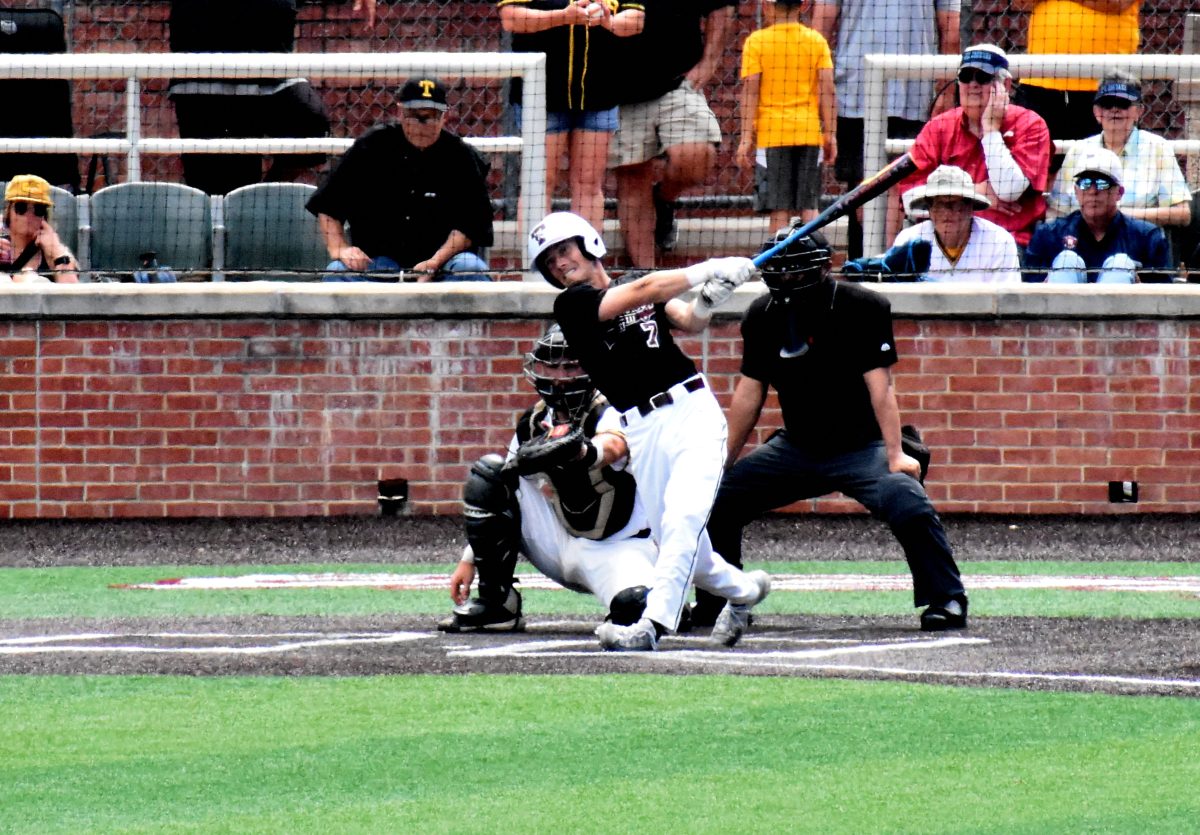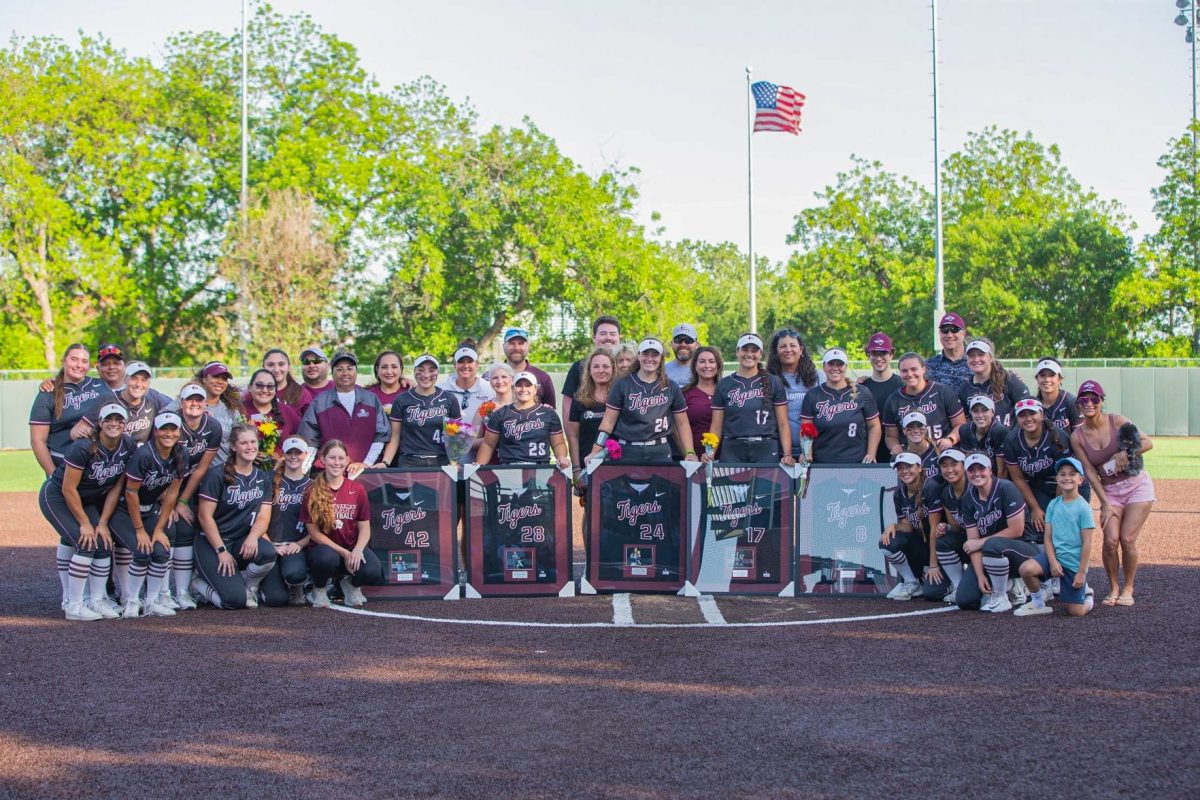Division I sports are often perceived as having many more benefits than Division III programs. Common notions are that Division I schools offer better experiences for athletes and fans, however, from an athletic view D-III schools have just as many benefits as D-I programs””if not more.
It is true that D-I schools can offer some things that D-III schools cannot, such as athletic scholarships, larger fan bases and larger facilities.
“D-I is portrayed as very spirited and high energy””they have a huge football stadium and a lot of people outside the school follow them, sometimes even nationally””but here we have less of that,” said Erica Hochstein, sophomore track runner. “It’s pretty much that you have to know this school or be a part of this school to support them and know what is going on.”
However, these benefits of D-1 may not outweigh the pros that D-III programs offer students and fans.
As members of the D-III Trinity athletic community, student athletes have the opportunity to be involved in more than just their sports, and athletics. One of the main perks of being a D-III athlete is the ability to have a college experience that isn’t limited to athletics.
“We get the freedom of having a life. You get to play a sport but also be involved in other organizations and, for me, you get a summer and I was able to do a harder major, which I don’t think I would have been able to do at a D-I school,” said Abby Seamster, a sophomore volleyball player.
Hochstein also enjoys the ability to participate in multiple activities.
“I have a lot of other opportunities I can get involved with other than just the sport I play,” Hochstein said. “I also sing in choir, I’m in a fraternity and I can do those things as well as complete my academics on top of doing the sport, which is really beneficial because I don’t think I choose just one.”
From the perspective of nonathletes, the fact that D-III schools have student-athletes is also a benefit.
“As a Division III school, in part because we do not offer athletic scholarships, student-athletes are here as students first,” said McKenzie Quinn, senior RM and tour guide. “I really appreciate being at a D-III school where athletes really care about the academics. We kind of get the best of both worlds at Trinity because…we do have really great athletic events.”
D-III environments are also better for the supporters. With a D-III community, it is easier for the athletes and nonathletes to connect on a day-to-day level without the separation between the two that many DI schools have.
“People actually know each other who are on the teams, and you can support each other in a more personal way that may have better or more positive effects on the people who are playing,” Hochstein said.
D-III schools don’t only offer a good experience for players, but also for fans, as Trinity supporters point out.
“As a fan it’s fun because you know the people that are playing since its smaller, and that is really great,” said Erika Edrington, sophomore volleyball player.
D-III schools allow athletes to expand their experiences and give them the option to be very involved in campus.
Supporters also gain many benefits , from free game tickets to the unity of athletes and nonathletes. While D-III sports may not receive the attention that D-I programs garner, schools like Trinity offer as many perks””at a smaller and more personal level.





